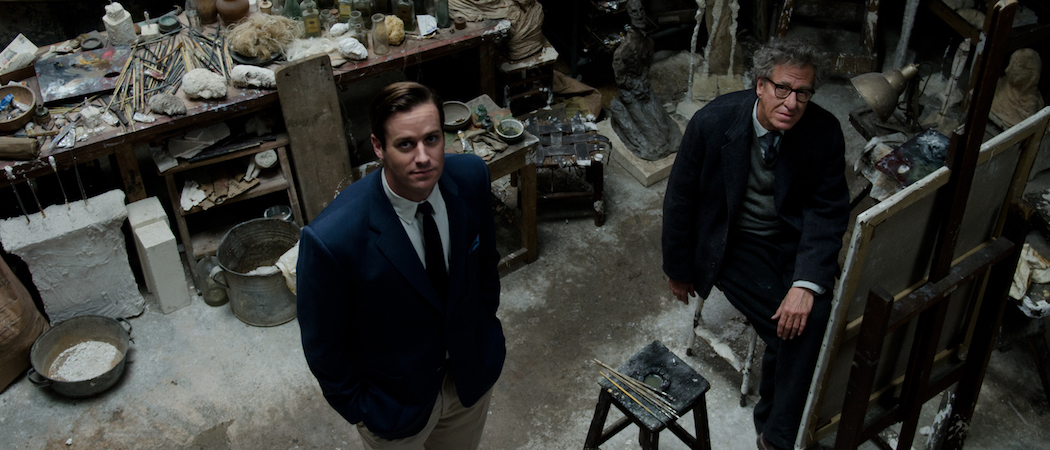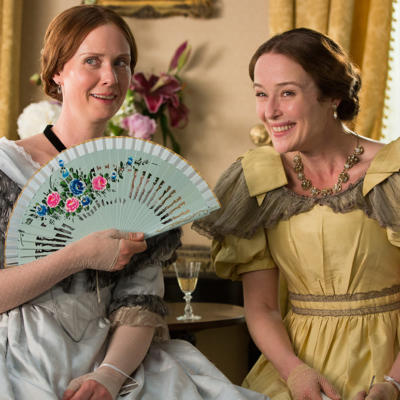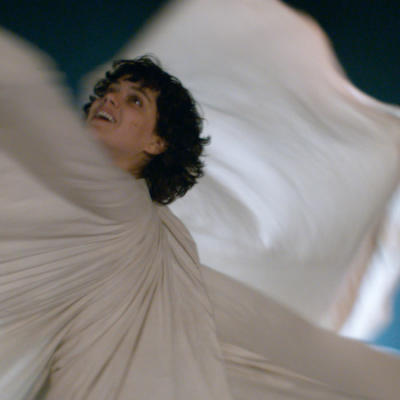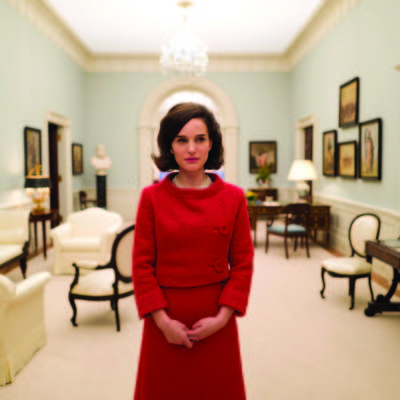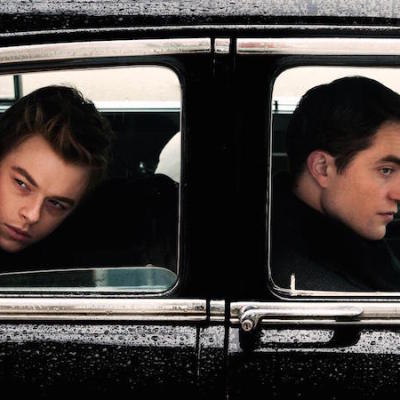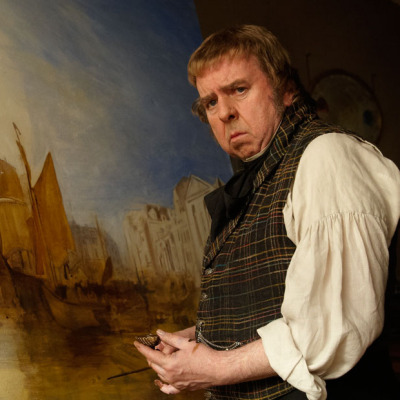When journalist James Lord (Armie Hammer) gets asked to pose for a portrait by famous Italian artist Alberto Giacometti (Geoffrey Rush) he isn’t aware of the commitment he is undertaking. Only in Paris for a short stay, and due to return home to his fiancée just a few days later, he agrees, flattered that the world-renowned artist has taken a liking to him. But the artistic process takes it’s own time; its unpredictability sees the blossoming of an unlikely friendship between two very different men in Final Portrait, written and directed by Stanley Tucci.
Giacometti’s life is viewed through the eyes of James; the frustrations of a creative genius who is never really certain when his work is complete, frequently destroying his creations in fits of rage and disappointment. James awkwardly experiences the sadness of Annette Arm (Sylvie Testud), Giacometti’s wife and ex-muse, as she sits by and watches her husband spend substantial amounts of money on Caroline (Clemence Poesy), a call girl. And James himself spends a great deal of money forever delaying his return flight home. Giacometti’s charm lies in his authenticity. He doesn’t make excuses for his behaviour, he is plagued by his creations and his happiness and escape lies in Caroline, this seems to be an accepted fact by everyone in his life.
Geoffrey Rush is in his element as Giacometti, and bears an uncanny resemblance to the artist, portraying his eccentricities with aplomb, while Hammer plays the straight witness to his genius, baffled and amused by the process but at the same time accepting and respectful of it. Clemence Poesy is wonderful as the flighty Caroline, her appearances during the movie add the only drama that is tangible (Giacometti is tormented by inner demons). Poesy gives a sympathy-provoking performance as the long-suffering, plain Annette, who is somewhat a slave to Giacometti.
The movie itself has very little plot, revolving instead around the evolution of the final portrait and Giacometti’s private life; if there was a subtle message in it, it was missed. Director Stanley Tucci does keep the audience’s attention, despite the lack of storyline or plot, but this is possibly because we were waiting for a climax that was, disappointingly, never delivered.
For non-creative types Final Portrait is a movie that reveals the inner workings of the creative process; the self-doubt, the uncertainty and the drive and vision that comes and goes at will. While this is an important insight, and perhaps one that non-artists never really experience, there is a lack of substance to the movie that leaves one feeling like a bystander watching a brief, uneventful period of someone’s life. Giacometti talks about the pointlessness of his work, unfortunately one leaves the movie feeling a little bit the same.
Final Portrait opens in Australian cinemas on Thursday October 5th.
